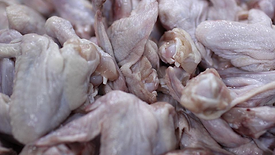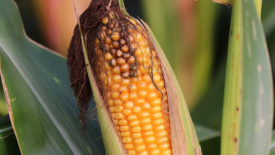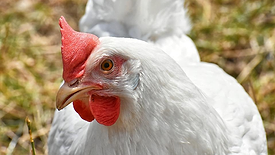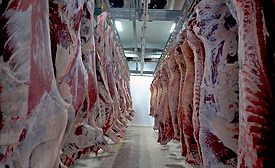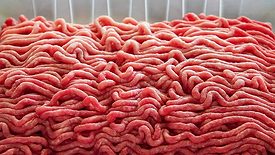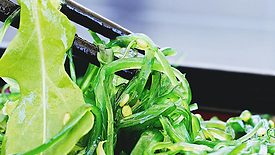Microbiological
However, the reduction has not translated to a decrease in salmonellosis cases associated with contaminated poultry.
Read More
New Approaches to Meat Safety
Application of new technologies, such as vision systems and Listeria Action Cards, will help meat processors reduce product contamination
Read More
Never miss the latest news and trends driving the food safety industry
eNewsletter | Website | eMagazine
JOIN TODAY!Copyright ©2024. All Rights Reserved BNP Media.
Design, CMS, Hosting & Web Development :: ePublishing
